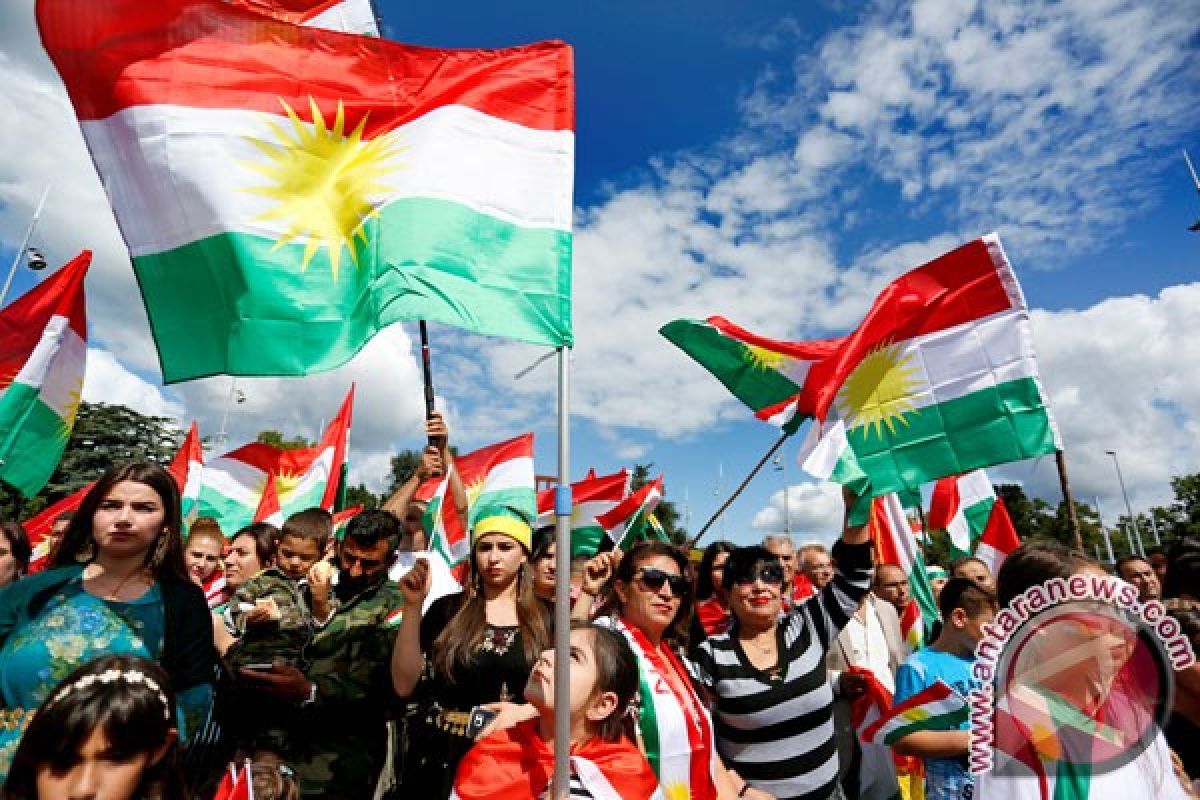The financial sanctions follow a ban on direct international air travel to the region imposed by the central government on Friday.
Iraqs central bank informed the Kurdistan Regional government (KRG) that it would stop selling dollars to four major Kurdish banks and stop all foreign currency transfers to the region, banking and government sources told Reuters.
Businesses in need of foreign currency and foreign workers in Kurdistan, whose pay and remittances are usually in dollars, will be the most affected by the new measures.
Business people and expatriates were also the most directly hit by the ban on international flights to the Kurdish airports of Erbil and Sulaimaniya. It forces them to travel via airports in Baghdad and southern Iraq, increasing cost and adding delay.
"The condition for ending the dollar sale prohibition is to have the Kurdish banks under the central banks control," said an Iraqi official.
But a Kurdish official in the KRG capital Erbil said the regions banks already reported to the central bank in Baghdad, and the airports of the Kurdish region already reported to the Iraqi Civil Aviation Authority.
Iraqs parliament on Tuesday said it had voted for financial sanctions which would "preserve the interests" of Kurdish citizens and target the Kurdish leadership.
The Shiite Arab-led Iraqi government has rejected an offer by the Kurdish government to discuss independence. It has demanded that it cancel the result of the Sept. 25 referendum or face continued sanctions, international isolation and possible military intervention.
The U.S. administration strengthened its alliance with Iraqs Kurds during the war on Islamic State, but is taking the side of Baghdad in the crisis in refusing to recognise the referendum.
Iraqs powerful neighbours Iran and Turkey are backing Baghdad, fearing the spread of separatism to their own Kurdish populations.
Editor: Ida Nurcahyani
Copyright © ANTARA 2017


